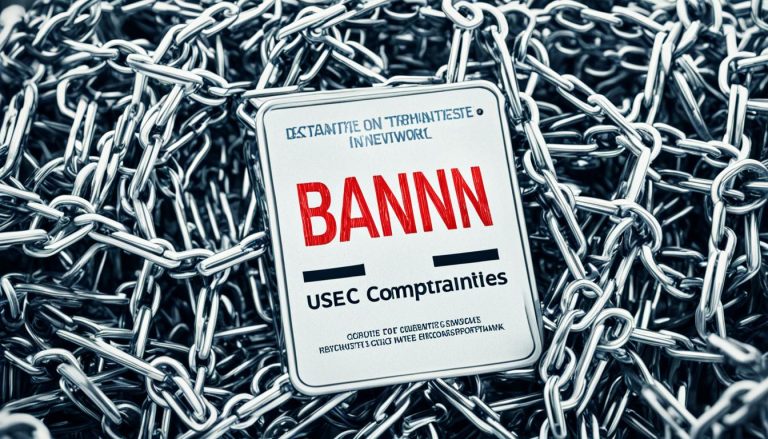
New Zealand Hardware Journal
Your Premier Destination for Industry Insight and Innovation

About Us
At the New Zealand Hardware Journal, we are dedicated to providing comprehensive coverage and in-depth analysis of all facets of the hardware sector. With a rich history spanning 10 years, our publication has earned a reputation for excellence and reliability, serving as a trusted source of information for industry professionals across the nation.
Explore Our Content
Discover a wealth of articles, features, and expert opinions curated by our team of seasoned journalists and industry experts. From product reviews and market trends to regulatory updates and business insights, our content is designed to inform, inspire, and empower our readers, equipping them with the knowledge they need to thrive in a rapidly evolving marketplace.


Advertise With Us
Looking to showcase your brand or reach a targeted audience of hardware professionals? Explore our advertising opportunities and discover how you can leverage the reach and influence of the New Zealand Hardware Journal to amplify your message and drive business growth.





